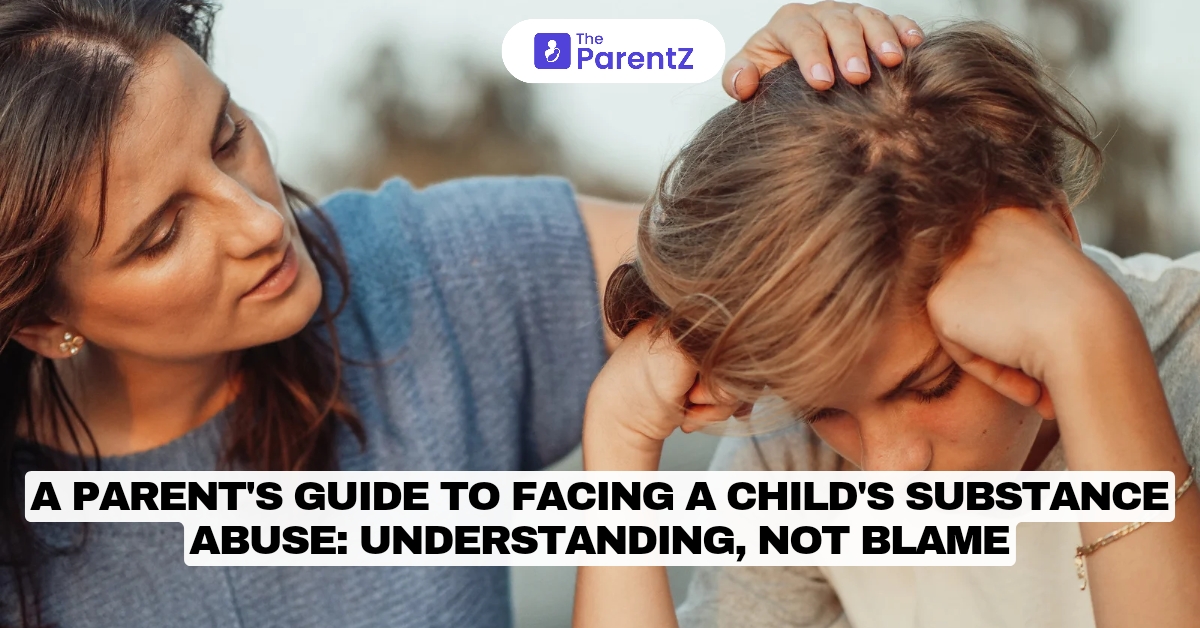Finding out your child is struggling with substance abuse can feel like the rug has been ripped out from under you. It's a natural reaction to experience shock, anger, and even guilt. But before blame takes hold, we must shift our focus to understanding and support.
Why Does My Child Use Substances?
Substance abuse in teens and young adults rarely happens in a vacuum. Often, there are underlying reasons that push them toward this path. These could be:
- Mental health issues: Anxiety, depression, or undiagnosed ADHD can lead a young person to self-medicate with substances.
- Peer pressure: The urge to fit in or gain acceptance can be a powerful motivator, especially during adolescence.
- Trauma: A history of abuse, neglect, or bullying can leave lasting scars and make someone more susceptible to substance use.
- Family dysfunction: Witnessing parental substance abuse, constant conflict, or a lack of emotional connection often creates an environment where a teen feels lost and seeks solace in substances.
Understanding is Key
Blaming your child or yourself won't address the root cause of the problem. In fact, it can push them further away and make them less likely to seek help. Here's why understanding is vital:
- It allows you to see beyond the behavior and recognize the pain your child might be experiencing.
- It fosters empathy, which is essential for building trust and open communication.
- It paves the way for collaborative problem-solving, where you work with your child to find a way forward.
What Can You Do?
Facing a child's substance abuse requires strength, patience, and a willingness to learn. Here are some specific steps you can take:
- Educate yourself: Learn about the substance your child is using, its effects, and the signs of addiction.
- Open Communication: Choose a calm moment to talk to your child. Express your concern without judgment. Focus on how their substance use is affecting you and the family.
- Active Listening: When your child talks, give them your full attention. Let them know you're there to listen without interrupting or criticizing.
- Set Boundaries: Make sure to set clear rules and consequences related to substance use. Be consistent with your follow-through.
- Seek professional help: Consider family therapy or individual counseling for your child and yourself. A therapist can provide a safe space for open communication and teach healthy coping mechanisms.
- Support Groups: When you connect with other parents facing similar challenges, you get invaluable information. These groups offer a safe space for you to share experiences, learn from others, and receive encouragement.
Things to Avoid
- Threats and Ultimatums: These tactics often backfire, creating resentment and pushing your child further away.
- Denial: Ignoring the problem won't make it disappear. Early intervention is crucial.
- Enabling behaviors: Don't cover up for your child or make excuses for their actions. This allows them to avoid facing the consequences of their choices.
- Isolation: Don't isolate yourself or your child. Connect with supportive friends and family members.
Conclusion
Remember, you are not alone. Substance abuse is a complex issue, but it is treatable. By approaching the situation with understanding, support, and a willingness to seek help, you can be a guiding light for your child on the path to recovery.
Here's the most important takeaway: Your love and support can make a significant difference. There is hope for a brighter future, but it starts with open communication, understanding, and taking the first step towards getting help.





Be the first one to comment on this story.